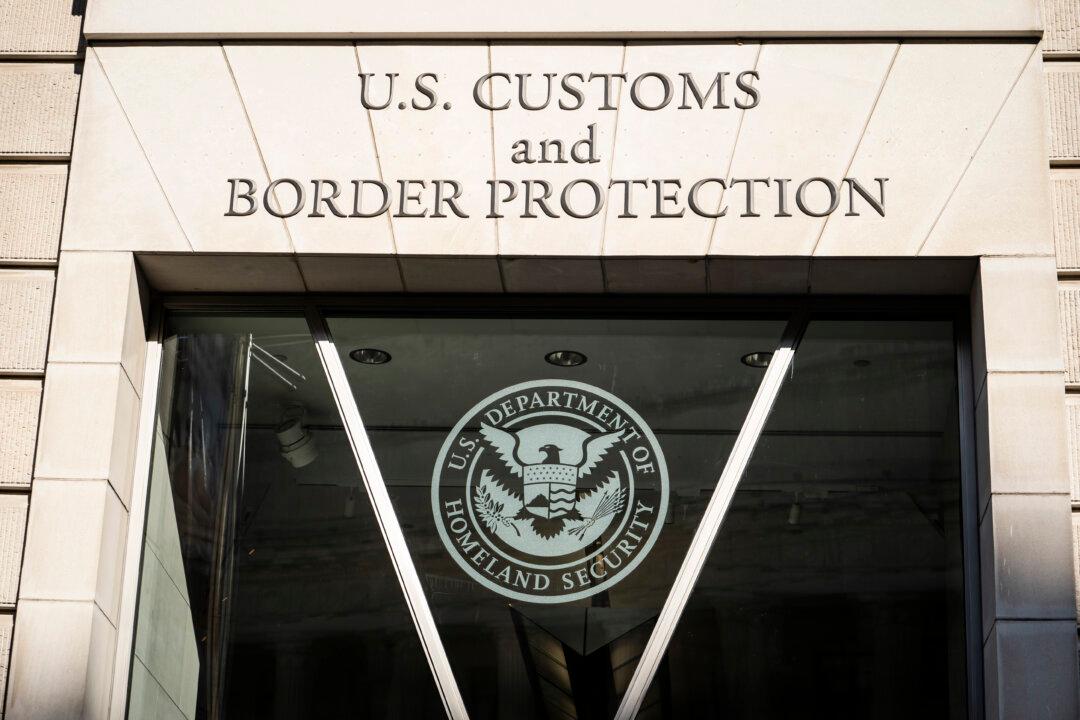Commentary
In 1834, an angry mob descended on a gathering at a New York church. Their target was Lewis and Arthur Tappan, owners of a successful mercantile import business. When the Tappans fled, the mob went to Lewis Tappan’s home and threw his belongings into a fire on the street. The Tappans were the epitome of American capitalism and entrepreneurship. Not coincidentally, they were also prominent abolitionists. The pro-slavery mob wanted to bring them to their knees.






